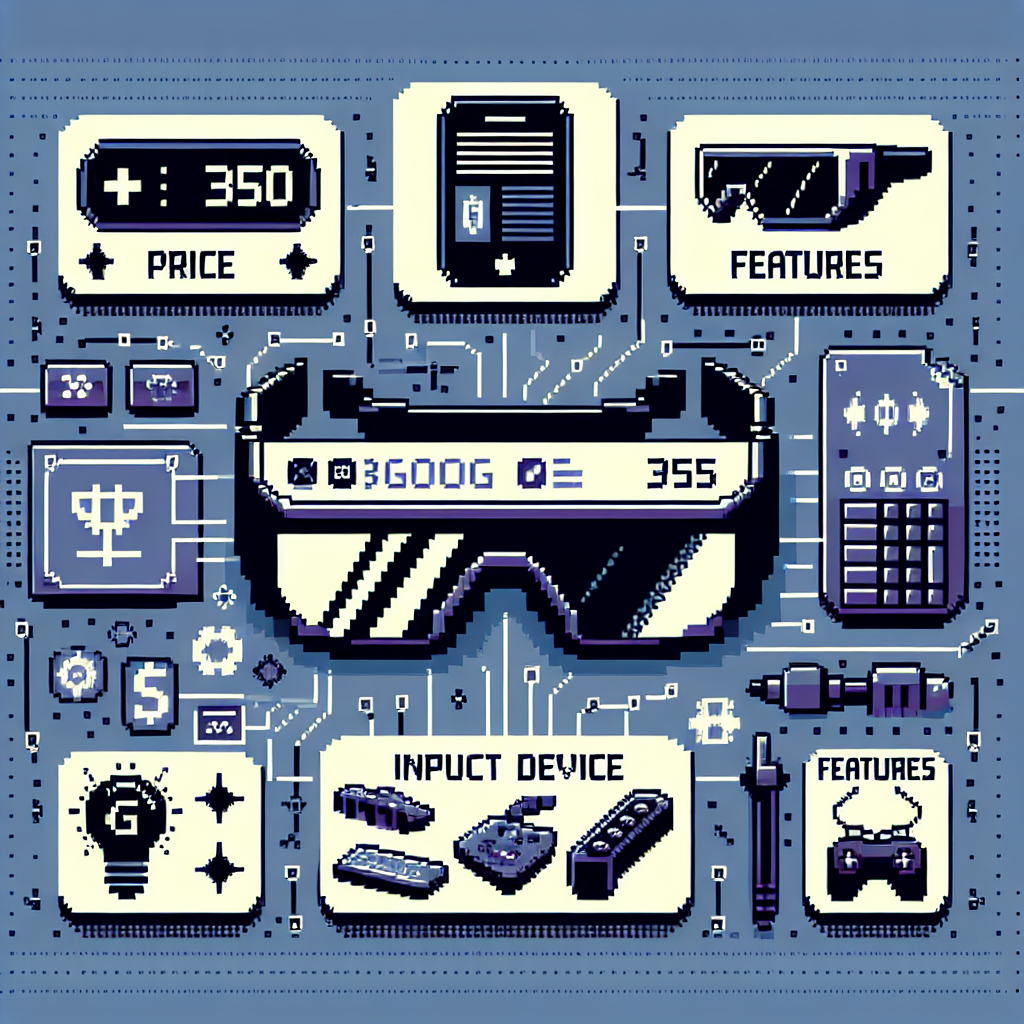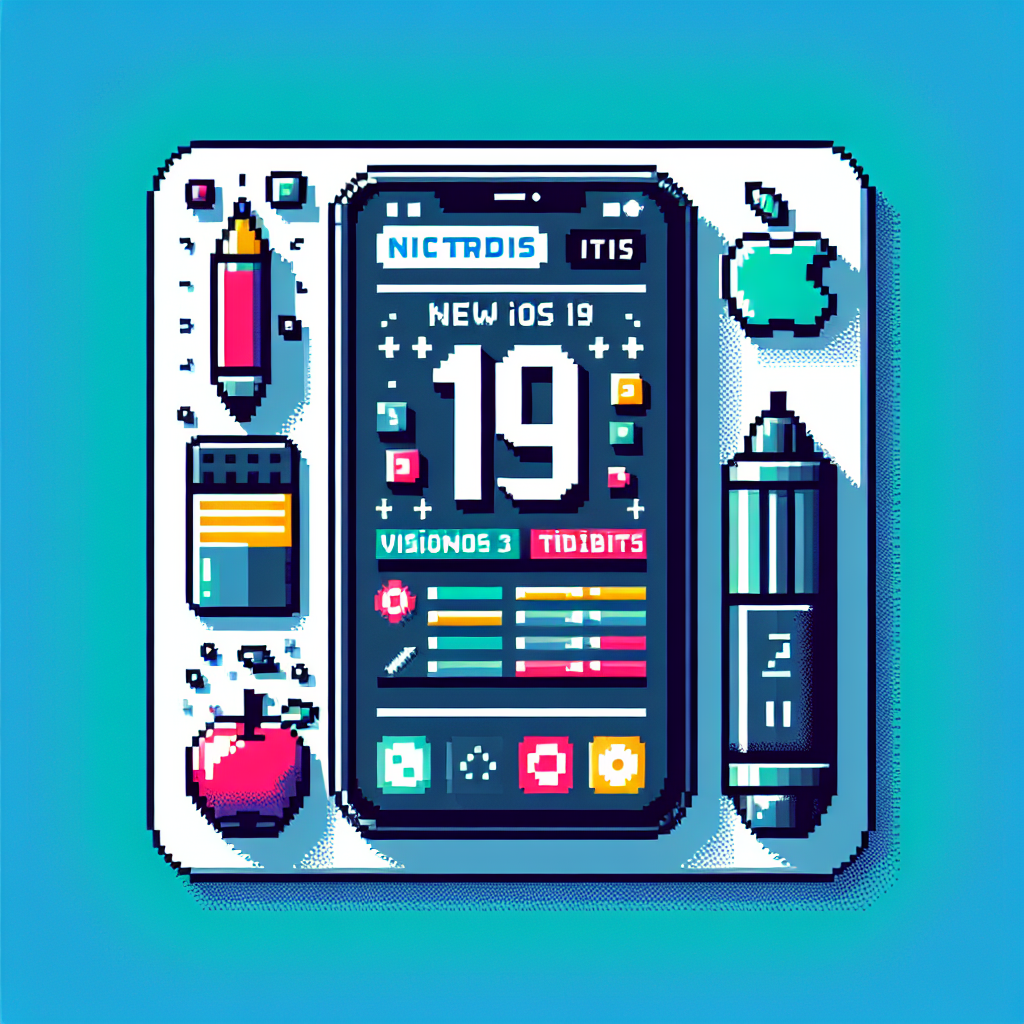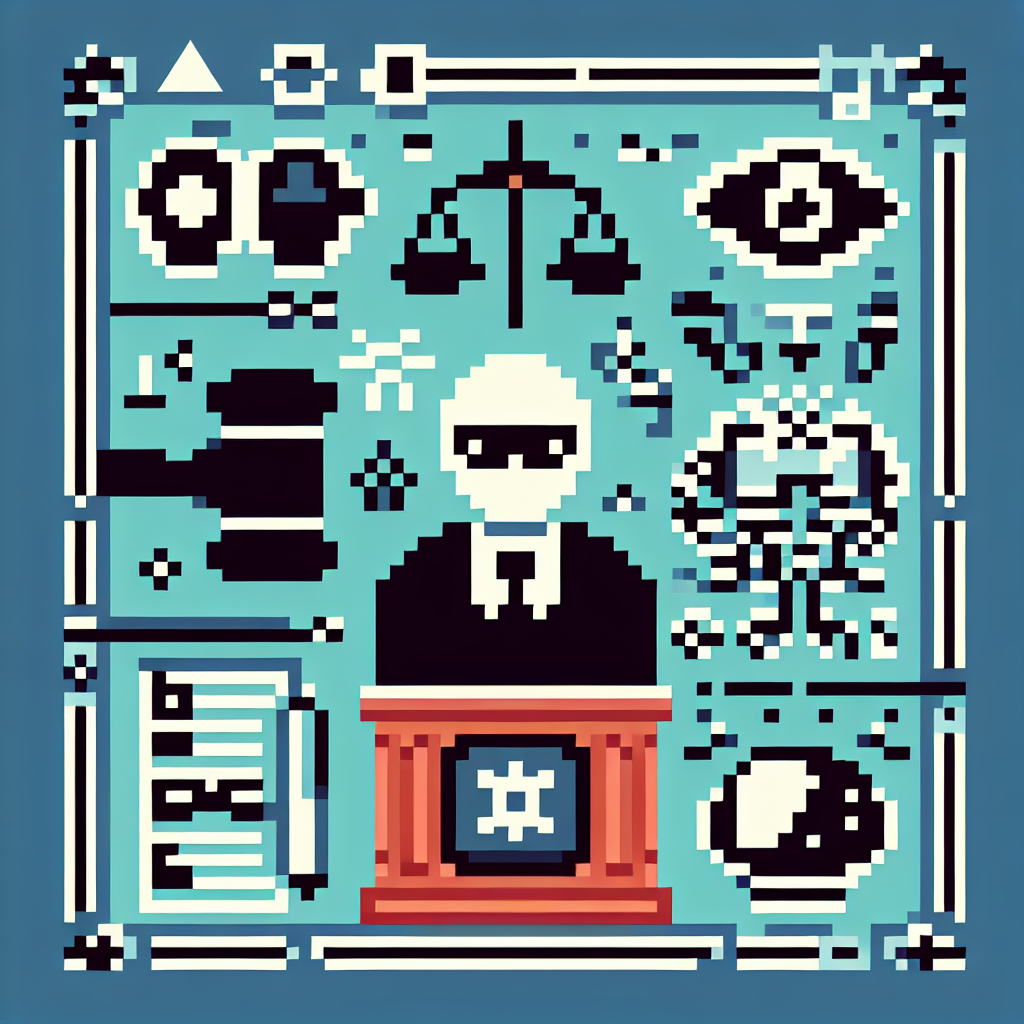Meta HUD Glasses Price, Features & Input Device Reportedly Revealed - UploadVR | Analysis by Brian Moineau
"Meta's New HUD Glasses: A Glimpse into the Future of Augmented Reality"
In today's fast-paced technological world, it's no surprise that augmented reality (AR) is taking a front seat in shaping our digital interactions. Enter Meta's latest innovation: the much-anticipated HUD (Heads-Up Display) glasses. According to a recent report from Bloomberg, the futuristic eyewear is set to revolutionize how we perceive and interact with the digital world. But it's not just the glasses themselves that are causing a stir; it's also Meta's accompanying neural wristband that promises an entirely new way of interfacing with technology.
Breaking Down the Specs
So, what can we expect from Meta's HUD glasses? The Bloomberg report reveals a competitive price point aimed at making AR accessible to a broader audience. This strategy is reminiscent of the pricing approach Apple took with the iPad, aiming to make cutting-edge technology available to the masses. The glasses come equipped with an array of features designed to immerse the user in a seamless blend of digital and real-world experiences. Picture browsing your emails, checking the weather, or even navigating through a new city, all without having to pull out your smartphone.
The real game-changer, however, might just be the neural wristband included in the package. This wristband reportedly acts as a controller for the glasses, utilizing neural input to interpret and execute commands. Think of it as a more sophisticated version of the wrist-worn controllers used in gaming systems like the Nintendo Switch. But unlike traditional controllers, this wristband aims to make interaction as intuitive as thinking itself. It's a bold move that echoes the ambitions seen in Neuralink, Elon Musk's venture into brain-computer interfaces, although focused more on everyday utility than medical applications.
A World of Possibilities
Imagine walking down the street and receiving real-time translations of foreign signs, or having a digital personal assistant whispering directions into your ear during a hike. The potential applications for Meta's HUD glasses are vast. This kind of innovation could be particularly transformative for fields like education, where interactive learning could be taken to unprecedented levels, or in healthcare, providing doctors with hands-free access to patient data during procedures.
Meta's foray into AR also ties into broader technological trends we've been witnessing. The rise of the metaverse, a concept Meta CEO Mark Zuckerberg has been particularly vocal about, could see a significant boost from such devices. With companies like Microsoft and NVIDIA also investing heavily in AR and VR technologies, the race to create the most immersive digital experience is officially on.
Final Thoughts
As we stand on the cusp of a new era in augmented reality, it's exciting to see how innovations like Meta's HUD glasses and neural wristband will shape our future interactions. While the technology is impressive, the real test will be in its adoption and integration into our daily lives. Will these glasses become as ubiquitous as smartphones, or will they remain a niche product for tech enthusiasts? Only time will tell.
For now, we can only marvel at the ingenuity and potential behind Meta's latest venture. Whether you're a tech aficionado or a casual observer, there's no denying that the future of augmented reality looks incredibly bright—and perhaps just a bit closer than we ever imagined.
Read more about AI in Business


